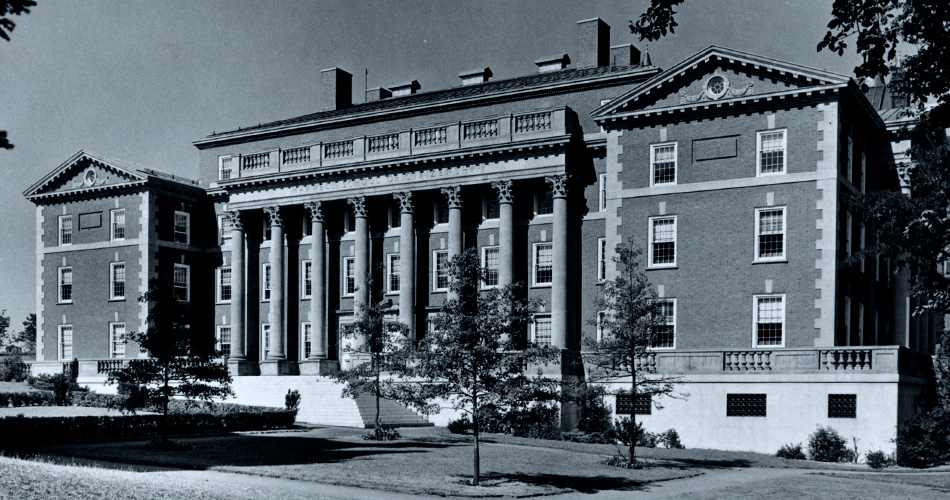Science and Policy in Extremis: The UK’s Initial Response to COVID-19
Virtual
Add to: Outlook, ICal, Google Calendar
Moynihan Institute of Global Affairs
Center for European Studies
presents
Science and Policy in Extremis: The UK’s Initial Response to COVID-19
Drawing on the British Government’s Scientific Advisory Group for Emergencies (SAGE) minutes and other documents, I consider the wider lessons for norms of scientific advising that can be learned from the UK’s initial response to coronavirus in the period January–March 2020, when an initial strategy that planned to avoid total suppression of transmission was abruptly replaced by an aggressive suppression strategy. I argue that SAGE’s major mistake in early 2020 was not that of being insufficiently precautionary, but that of relying too heavily on a specific set of “reasonable worst-case” planning assumptions. I formulate some proposals that assign a more circumscribed role to “worst-case” thinking in emergency planning.
Jonathan Birch
Associate Professor of Philosophy
London School of Economics and Political Science
Dr Jonathan Birch is an Associate Professor of Philosophy at the LSE and Principal Investigator (PI) on the Foundations of Animal Sentience project. In addition to his interest in animal sentience, cognition and welfare, he also has a longstanding interest in the evolution of altruism and social behaviour. He joined the LSE in 2014. Before moving to London, he was a Junior Research Fellow at Christ’s College, Cambridge. He completed his PhD at the University of Cambridge in 2013, with a dissertation entitled Kin Selection: A Philosophical Analysis. He has published widely on various topics in the philosophy of the biological sciences, in journals such as Current Biology, The American Naturalist, Biological Reviews, Philosophy of Science, and The British Journal for the Philosophy of Science. His first book, The Philosophy of Social Evolution, was published by Oxford University Press in 2017. In 2014, he was one of four UK philosophers honoured with a Philip Leverhulme Prize, which recognize “the achievement of outstanding researchers whose work has already attracted international recognition and whose future career is exceptionally promising”.
For more information or to request accessibility arrangements, please contact Havva Karakas-Keles, hkarakas@syr.edu.
Open to
Public
Contact
Accessibility
Contact to request accommodations

We’re Turning 100!
To mark our centennial in the fall of 2024, the Maxwell School will hold special events and engagement opportunities to celebrate the many ways—across disciplines and borders—our community ever strives to, as the Oath says, “transmit this city not only not less, but greater, better and more beautiful than it was transmitted to us.”
Throughout the year leading up to the centennial, engagement opportunities will be held for our diverse, highly accomplished community that now boasts more than 38,500 alumni across the globe.